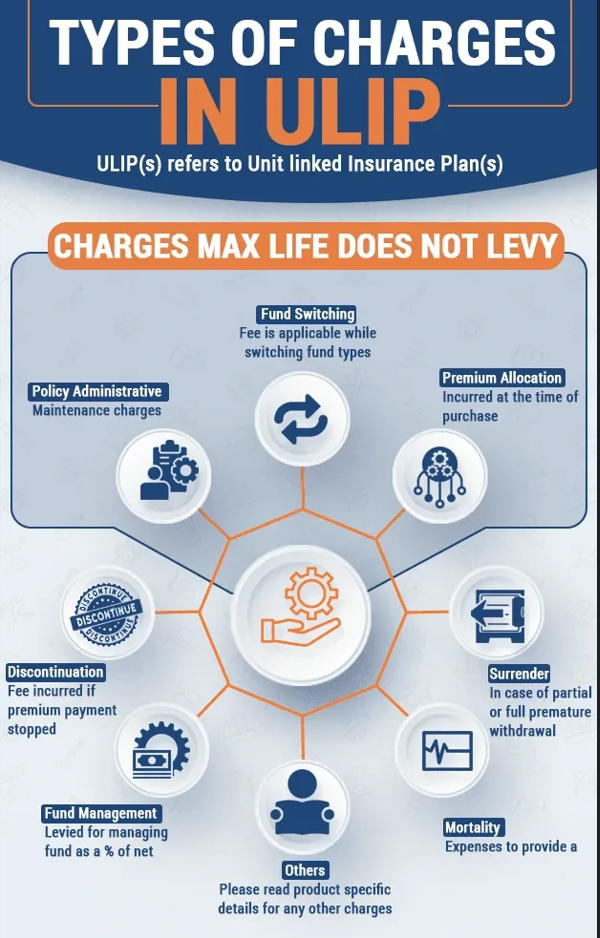Mumbai, December 2, 2024 – Knight Frank, India's leading real estate consultancy, in collaboration with HDFC Capital and Brigade REAP, has released a groundbreaking report titled "Brick by Brick, Concrete Meets Code". The study underscores the transformative potential of PropTech in streamlining India's real estate ecosystem and enhancing affordability.The report projects that PropTech investments will grow at a robust 15% CAGR, rising from $6 billion in 2023 to $16 billion by 2030. In 2023 alone, PropTech accounted for 6% of all recognized Indian startups, ranking 6th globally in funding raised. Notably, India ranked 6th among the top 500 global PropTech deals for 2022-23, trailing industry leaders such as the USA and China.
Shishir Baijal, Chairman and Managing Director Knight Frank India, highlighted the pivotal role of technology, stated, "Technology drives development across industries. The growing investment in PropTech is revolutionary for India, benefiting the real estate industry while supporting sustainability. For a growing economy like ours, PropTech is both advantageous and imperative."
Nirupa Shankar, Joint Managing Director of Brigade Group, emphasized, "The real estate sector contributes 7.3% to India's GDP, with PropTech accounting for $6 billion (2.3% share). Rising urban housing demand, fuelled by young professionals, underscores the need for strategic infrastructure development, sustainable practices, and transformative technologies to create affordable, future-ready living solutions."
Vipul Roongta, Managing Director and CEO of HDFC Capital, added, "Technology will be a key driver in addressing the affordable housing supply side challenges. HDFC Capital launched the H@ART Program which seeks to mentor, partner and invest in real estate technology companies that bring break through innovations and efficiencies within the affordable housing ecosystem. We will continue supporting innovative businesses and remain dedicated to fostering and advancing solutions that can make affordable housing more efficient and accessible"
| Summary of Findings |
1. Affordable Housing Challenges and Solutions: The Indian real estate sector, valued at USD 258 billion, contributes 7.3% to the nation's GDP of USD 3,540 billion. Despite the large size of the sector, there is an urgent need for affordable housing. Major cities have seen rapid urbanization and rising property prices, which have made housing unaffordable for many, including the middle-income group.
2. Infrastructure Investments: Infrastructure development is crucial for boosting housing affordability. India has added ~60% to its National Highway network in the past 10 years, growing from 91,000 km in 2014 to 146,000 km in 2024, with a target of 185,000 km by 2030. This is bringing tier 2 towns and outskirts of major cities closer to the employment hubs and propelling the development of affordable housing.
3. PropTech' s Role in Global and Indian Real Estate:
PropTech is revolutionizing the Global and Indian Real Estate industry by enhancing efficiencies at each stage of the project lifecycle. Technologies such as Building Information Modelling (BIM), smart home systems, and digital platforms for property management are getting adopted by various Developers. The global PropTech market saw investments of around USD 50 billion in 2023, with India ranking 6th in total funding raised. In India, PropTech investments are projected to grow from USD 6 billion currently, to USD 16 billion by 2030.
4. Sustainability and ESG: The integration of Environmental, Social, and Governance (ESG) principles in real estate is becoming essential. Technologies like IoT, smart sensors, and sustainable construction materials are helping to create greener, more efficient buildings. Certifications such as GRIHA, LEED, and IGBC are promoting environmentally responsible practices. The report notes that India has over 290 million sq. meters of LEED-certified buildings as of June 2024. Among metros, Bengaluru leads with 33 million sq. meters of LEED-certified projects, followed by MMR (32 million sq. meters) and NCR (29 million sq. meters).































